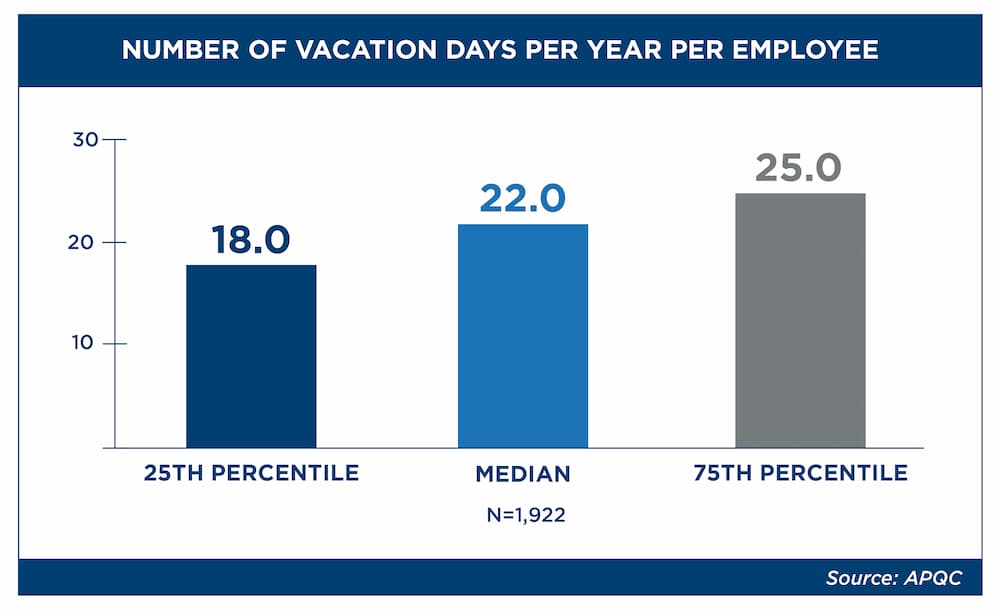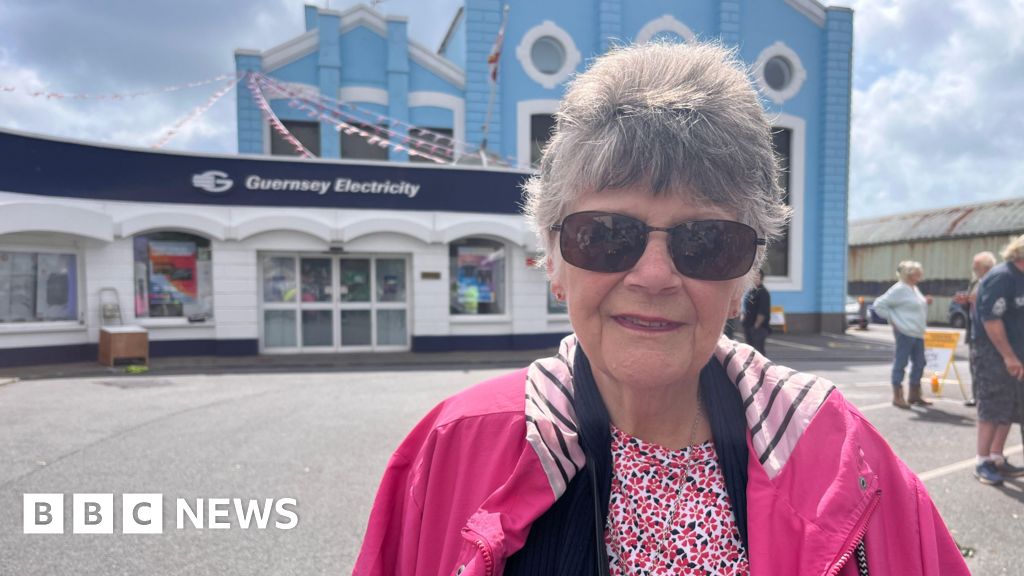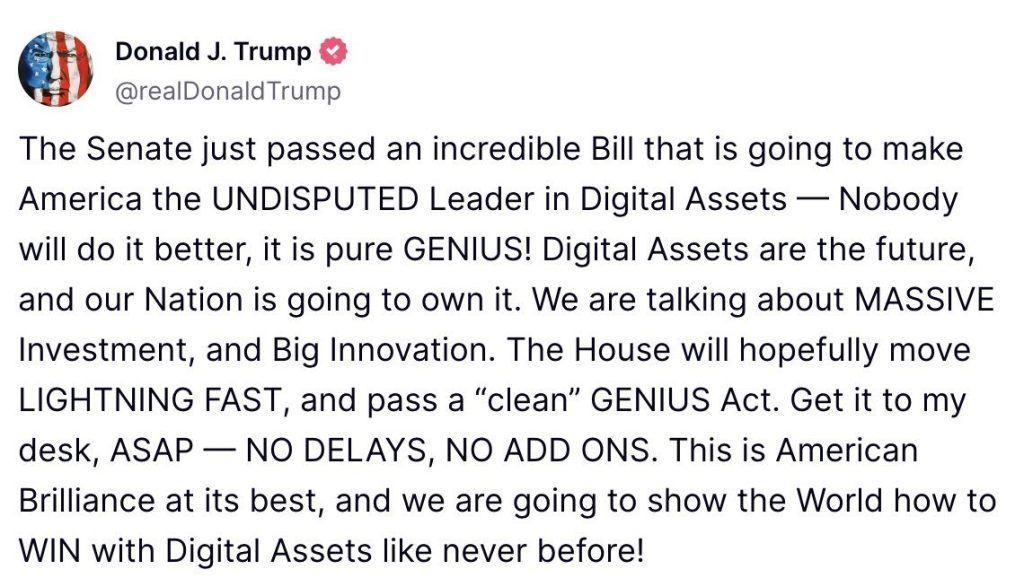Unlock the Editor’s Digest for free
Roula Khalaf, Editor of the FT, selects her favourite stories in this weekly newsletter.
Germany’s vice-chancellor said the doors were “open for discussions” with Beijing on EU tariffs but he took a tougher line on Chinese exports to Russia during the first mainland visit from a senior European politician since the duties were announced.
Robert Habeck, minister for economic affairs and climate action, said he hoped for imminent talks between Beijing and Brussels and that the tariffs of up to 38 per cent on Chinese electric vehicles were “not punitive”.
“There’s room for discussion,” he said at a press conference in Shanghai. “I hope that in the days to come the European Commission and the Chinese trade minister will talk.”
While he struck a conciliatory tone on tariffs, which are yet to be finalised, Habeck was critical of China’s growing exports to Russia and cited Germany’s own efforts to stop exports of “dual-use” goods with potential military applications.
“I looked at the trade figures and Chinese trade with Russia increased more than 40 per cent last year,” he said. “Of course energy is a high part [of] it, but something like half of it is related to dual-use goods.”
“These are technically goods that can be used on the battlefield and this has to stop”.
Germany has a close economic relationship with China, its largest trading partner and a crucial market for its auto industry. Berlin has sought to carefully navigate rising tensions between Beijing and Washington that deteriorated sharply following Russia’s invasion of Ukraine in 2022.
Habeck also visited Beijing where he met Wang Wentao, minister of commerce, and Zheng Shenjie, head of the National Development and Reform Commission. He said they spoke about energy and climate issues as well as human rights with Chinese officials as part of “intense discussions”. An anticipated meeting with Premier Li Qiang did not materialise.
Before flying into the mainland, Habeck said that he hoped the visit could help to ease trade tensions between China and the EU, which conducted an investigation into state subsidies for the electric vehicle sector in the mainland. Habeck added that “the omens are rather challenging”.
President Joe Biden imposed tariffs of 100 per cent on Chinese electric vehicles this year, higher than the EU, though the US imports much smaller volumes.
Olaf Scholz, Germany’s chancellor, met President Xi Jinping in April and encouraged China’s president to pressure Russia to end its campaign in Ukraine. Scholz has also petitioned Li for greater market access for German companies in the mainland.
Xi and his Russian counterpart Vladimir Putin have trumpeted their close relationship and sworn to increase trade. Russia became China’s fifth-biggest single-country trading partner last year, up from ninth in 2020, as trade reached $240bn. Chinese exports to Russia rose 46.9 per cent in 2023 year on year, according to official data.
Credit: Source link










